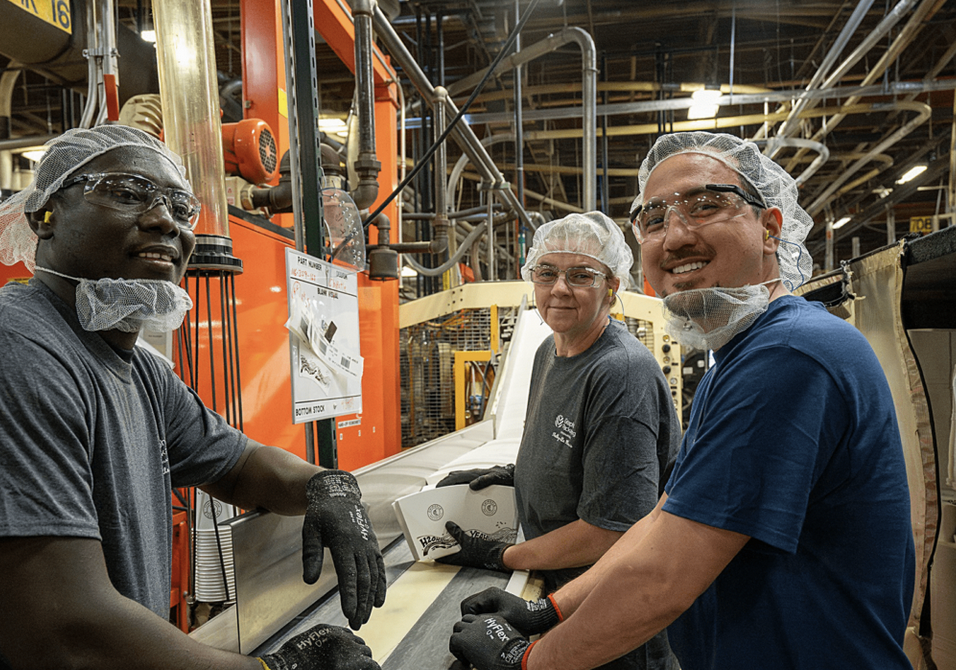
A new study released by the Manufacturing Institute (MI) and Deloitte, “Taking charge: Manufacturers support growth with active workforce strategies,” examines the workforce challenges that manufacturers are facing as well as the investment and skills likely required to drive continued growth across the industry. The MI says the US manufacturing industry has emerged from the pandemic on a strong growth trajectory and continued growth is expected over the next 10 years as companies work to meet evolving customer demands, de-risk their supply chains and leverage government incentives and policies.
Despite substantial growth in the sector, U.S. manufacturing faces a skills gap and tight labor market.
“Manufacturers recognize that the workforce is evolving. Pandemic-driven shifts have already created hundreds of thousands of new jobs, and now we are seeing increased demand for digital skills that need to be met or risk further widening of the talent gap,” said Manufacturing Institute President and Executive Director Carolyn Lee.
“Companies must prioritize technology, training and talent development, and the investments that are driving growth will also require the industry to build out a talent ecosystem. With investments in partnerships, apprenticeships, and education, and prioritizing a more diverse and inclusive workforce, a whole host of new talent will be on the factory floor and driving the next wave of growth.”
The study shows that workforce challenges are among the top concerns for US manufacturers, and have been since Q4 2017, except during the pandemic.
The MI and Deloitte projects that as many as 3.8 million additional employees could be needed in manufacturing between 2024 and 2033. Filling open positions—and keeping them filled—is a top concern for many manufacturers. The MI and Deloitte predicts that as many as 5 in 10 of the skilled open positions, 1.9 million jobs could remain unfilled if manufacturers are not able to address the skills and applicant gaps.
“The manufacturing industry is facing exponential opportunity, yet still should prioritize strategies that will address the skills and applicant gap, especially as the acceleration of digital skills-based jobs continues,” said John Coykendall, principal, Deloitte Consulting LLP, and vice chair, U.S. industrial products and construction leader.
“Developing talent—both from within the existing employee base and those newly entering the workforce—is important to keeping up with the pace of continued innovation. Companies who invest in upskilling the workforce through training, technology and policies that meet employee expectations are well-positioned for future growth.”
More than 9 in 10 manufacturers said they are forming at least one partnership to improve job attraction and retentio
The top five partnership types are with: technical colleges (73 percent), industry associations (58 percent), universities (48 percent), state and regional economic development agencies (47 percent), and K-12 schools (44 percent).
Many partnerships are geared towards building, leveraging and supporting training programs—helping address the needs to develop new talent.
https://boardconvertingnews.com/study-shows-up-to-3-8-million-manufacturing-jobs-needed-by-2033/
Comments are closed.

